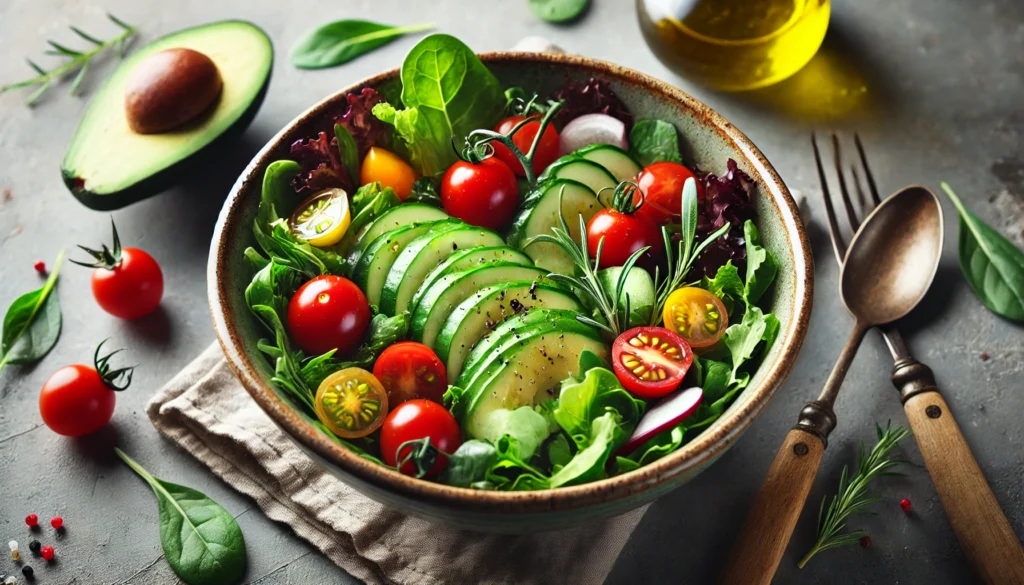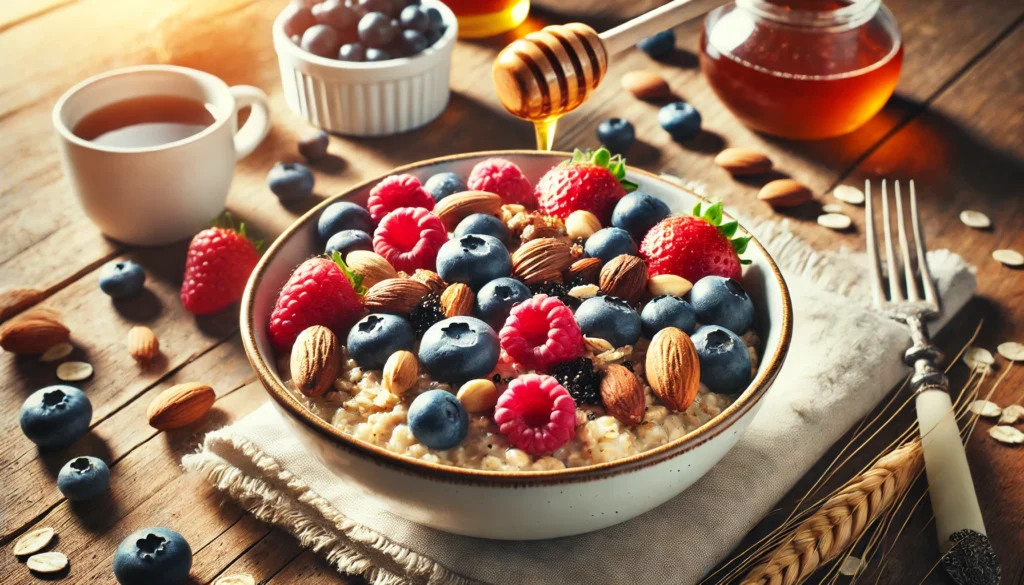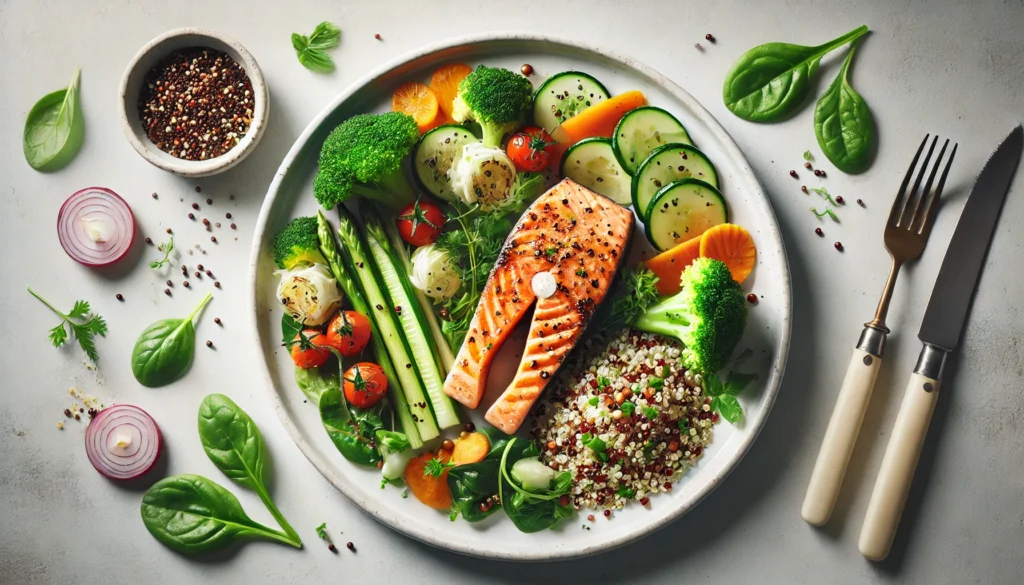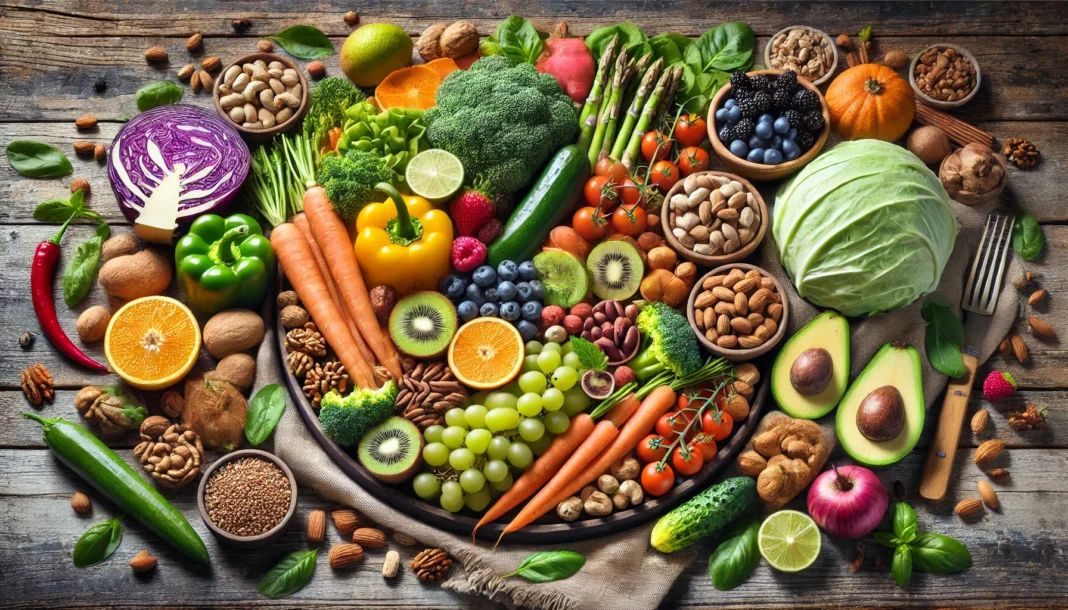Understanding the Clean Diet Concept for Optimal Health
A clean diet is rooted in the principle of consuming whole, minimally processed foods that provide the body with essential nutrients while avoiding artificial additives, preservatives, and excessive sugars. The clean food list includes ingredients that are rich in vitamins, minerals, antioxidants, and fiber, all of which contribute to optimal bodily function. Understanding how to incorporate these foods into daily meals enhances overall health, supports immune function, and fosters long-term well-being.
Focusing on a clean diet list is essential in today’s fast-paced world, where highly processed foods dominate grocery shelves and contribute to various health issues, including obesity, diabetes, and cardiovascular disease. By emphasizing nutrient density, individuals can ensure that they obtain maximum benefits from every meal. Nutrient-dense foods not only provide essential vitamins and minerals but also support digestion, energy production, and mental clarity.
Another key aspect of adopting a clean diet is avoiding foods high in refined sugars, trans fats, and artificial chemicals. These substances have been linked to inflammation, hormonal imbalances, and an increased risk of chronic disease. Instead, prioritizing whole grains, lean proteins, healthy fats, and fresh produce ensures sustained energy levels and optimal cellular function. By curating a clean food list tailored to individual dietary needs, individuals can improve their overall quality of life while fostering long-term health resilience.
You May Also Like: How to Detox Your Body: Best Foods and Strategies for a Natural Cleanse
Essential Whole Foods for a Clean and Balanced Diet
Whole foods serve as the foundation of a clean diet, offering unparalleled nutritional benefits. Fresh fruits and vegetables, in particular, are indispensable components of a clean food list, providing high levels of fiber, antioxidants, and phytonutrients. These compounds work together to combat oxidative stress, reduce inflammation, and support the body’s natural detoxification processes. Choosing organic or locally sourced produce ensures minimal exposure to pesticides and other harmful chemicals, further enhancing the benefits of a clean diet.
Lean proteins, such as wild-caught fish, organic poultry, grass-fed beef, and plant-based options like lentils and chickpeas, are integral to maintaining muscle function and metabolic health. These protein sources are packed with amino acids, which play a crucial role in repairing tissues, synthesizing enzymes, and regulating immune responses. Including high-quality protein in a clean diet list promotes satiety, aids in weight management, and supports sustained energy throughout the day.
Healthy fats, found in sources like avocados, nuts, seeds, and cold-pressed oils, contribute to brain health, cardiovascular function, and hormonal balance. Contrary to outdated misconceptions, consuming adequate amounts of healthy fats is essential for overall wellness. Omega-3 fatty acids, particularly from fatty fish like salmon, sardines, and mackerel, provide powerful anti-inflammatory properties that reduce the risk of heart disease and cognitive decline. Ensuring a balance of monounsaturated and polyunsaturated fats within a clean diet list helps optimize nutrient absorption and metabolic function.

How to Incorporate Clean Eating into Daily Life
Transitioning to a clean diet requires mindful food selection and meal planning. One of the most effective strategies for maintaining a clean food list is to focus on whole, single-ingredient foods. Preparing meals at home allows greater control over ingredients, ensuring that meals remain free from artificial additives, preservatives, and excessive sodium. Cooking with fresh herbs, spices, and natural seasonings enhances flavor while preserving the nutritional integrity of whole foods.
Hydration is another essential factor in a clean diet. Consuming filtered water, herbal teas, and naturally infused beverages supports digestion, circulation, and detoxification. Avoiding sugary drinks and artificial sweeteners is crucial in preventing unnecessary calorie intake and metabolic disruptions. Proper hydration complements a nutrient-rich diet, allowing the body to function optimally and maintain energy levels throughout the day.
Practicing mindful eating fosters a deeper connection with food and encourages healthier choices. Eating slowly, savoring each bite, and paying attention to hunger and satiety cues prevent overeating and promote better digestion. Reducing reliance on packaged convenience foods by preparing wholesome meals in advance ensures consistency in maintaining a clean diet list. Over time, integrating these habits leads to lasting health improvements and a sustainable approach to nutrition.

The Long-Term Benefits of Following a Clean Food List
Adopting a clean diet offers numerous long-term health benefits, ranging from improved digestion to enhanced cognitive function. The anti-inflammatory properties of whole foods play a crucial role in reducing the risk of chronic diseases, including diabetes, cardiovascular disease, and autoimmune disorders. By prioritizing nutrient-dense options, individuals can achieve balanced blood sugar levels, improved gut health, and optimal energy production.
A clean diet also contributes to skin health, as antioxidants and essential fatty acids found in whole foods support collagen production, hydration, and cellular repair. Many individuals notice clearer skin, stronger hair, and healthier nails when transitioning to a clean food list. The elimination of processed foods further reduces the intake of toxins that can lead to skin irritation, acne, and premature aging.
Additionally, clean eating promotes mental clarity and emotional well-being. The brain requires a steady supply of nutrients to function optimally, and whole foods provide essential vitamins and minerals that support neurotransmitter activity. Foods rich in omega-3 fatty acids, B vitamins, and magnesium help reduce stress, anxiety, and cognitive decline. Maintaining a clean diet list supports not only physical health but also emotional resilience and mental sharpness.

Frequently Asked Questions (FAQ) About the Clean Food List and Nutrient-Dense Eating
1. How does following a clean food list impact long-term health?
A clean food list supports long-term health by providing essential nutrients that optimize bodily functions and reduce inflammation. Chronic inflammation is linked to diseases such as heart disease, diabetes, and autoimmune disorders, making a clean diet list crucial for disease prevention. Whole, unprocessed foods strengthen the immune system, improve gut health, and enhance cognitive function over time. Additionally, clean eating helps maintain balanced blood sugar levels, reducing the risk of insulin resistance and metabolic disorders. By committing to a nutrient-dense diet, individuals can improve their longevity, energy levels, and overall well-being.
2. How can someone transition to a clean diet list without feeling overwhelmed?
Shifting to a clean diet list can be done gradually by making small but impactful changes. Start by replacing highly processed foods with whole alternatives, such as swapping white rice for quinoa or sugary snacks for fresh fruit. Meal prepping with a clean food list in mind helps ensure healthy choices are available throughout the week, reducing the temptation to eat processed meals. Incorporating more plant-based foods, lean proteins, and healthy fats step by step prevents the transition from feeling restrictive. Over time, these small adjustments become habits, making clean eating a sustainable lifestyle rather than a short-term diet.
3. Can a clean food list be customized for different dietary needs?
Yes, a clean food list is highly adaptable to various dietary preferences and health conditions. For individuals following a plant-based lifestyle, a clean diet list can include legumes, nuts, seeds, and whole grains for protein and essential fats. Those with gluten sensitivities can focus on naturally gluten-free foods such as quinoa, brown rice, and fresh vegetables. A high-protein clean diet may emphasize lean meats, wild-caught fish, and high-protein plant sources like lentils and chickpeas. Regardless of specific dietary needs, the key is to choose whole, unprocessed foods that provide balanced nutrition and support overall health.
4. How does a clean diet list affect mental clarity and cognitive function?
Eating from a clean food list directly impacts brain health, cognitive function, and mental clarity. Processed foods high in sugar and unhealthy fats can lead to brain fog, mood swings, and impaired memory. Nutrient-dense foods, such as leafy greens, fatty fish, and nuts, provide essential nutrients like omega-3 fatty acids, B vitamins, and antioxidants that protect brain cells. A clean diet list also stabilizes blood sugar levels, reducing energy crashes that contribute to sluggish thinking. Over time, prioritizing clean eating enhances focus, memory retention, and overall mental performance.
5. What role does hydration play in maintaining a clean diet list?
Hydration is a fundamental aspect of a clean diet list, as it supports digestion, circulation, and detoxification. Drinking enough water helps transport nutrients from clean foods throughout the body, ensuring optimal absorption. Herbal teas, infused waters, and fresh coconut water provide additional hydration while delivering antioxidants and electrolytes. Avoiding sugary beverages and artificial sweeteners reduces unnecessary calorie intake and metabolic stress. By combining proper hydration with nutrient-rich foods, individuals can enhance the benefits of a clean diet and improve overall vitality.
6. Can following a clean food list support weight management?
Yes, a clean food list naturally promotes weight management by prioritizing whole foods that are nutrient-dense and satiating. High-fiber foods such as vegetables, legumes, and whole grains help regulate appetite and prevent overeating. Healthy fats from sources like avocados and nuts support hormone balance, which is essential for metabolism and fat loss. A clean diet list also eliminates empty-calorie processed foods, reducing excess sugar and unhealthy fats that contribute to weight gain. By focusing on whole, nourishing foods, individuals can achieve and maintain a healthy weight without the need for extreme calorie restrictions.
7. What are the economic benefits of following a clean diet list?
While some people assume clean eating is expensive, following a clean food list can be cost-effective with strategic planning. Buying whole foods in bulk, such as grains, beans, and nuts, can reduce grocery expenses over time. Seasonal and locally sourced produce tends to be more affordable and fresher than imported alternatives. Cooking meals at home rather than eating out allows for better portion control and eliminates the added costs of processed convenience foods. Additionally, investing in nutrient-dense foods reduces healthcare expenses in the long run by preventing diet-related illnesses.
8. How can clean eating improve gut health and digestion?
A clean food list prioritizes fiber-rich foods, which play a crucial role in gut health and digestion. Whole fruits, vegetables, and legumes promote a healthy gut microbiome by feeding beneficial bacteria. Fermented foods like yogurt, kimchi, and sauerkraut support digestive balance by introducing probiotics that aid in nutrient absorption. Avoiding artificial additives and processed ingredients reduces gut inflammation, preventing issues such as bloating and indigestion. By maintaining a diet rich in natural, whole foods, individuals can support smoother digestion and long-term gastrointestinal health.
9. How does a clean food list contribute to better skin health?
A clean diet list provides essential vitamins and minerals that improve skin health and reduce the risk of acne, dryness, and premature aging. Antioxidant-rich foods such as berries, green tea, and citrus fruits help protect the skin from oxidative damage. Healthy fats from sources like nuts, seeds, and fish promote hydration and elasticity, reducing the appearance of fine lines. Removing processed foods and artificial additives reduces inflammation, which can trigger skin conditions such as acne and eczema. By nourishing the body from within, clean eating supports a clearer, healthier complexion.
10. How can families adopt a clean diet list without resistance from picky eaters?
Introducing a clean diet list to a family, especially with picky eaters, requires creativity and gradual adjustments. Start by incorporating whole food versions of familiar favorites, such as swapping white pasta for whole-grain options or using natural sweeteners instead of refined sugar. Involving children in meal preparation encourages them to try new foods and develop a positive relationship with healthy eating. Making small, consistent changes—such as replacing store-bought snacks with homemade alternatives—helps ease the transition. Over time, exposure to a variety of clean foods expands preferences, making it easier for the entire family to embrace a nutritious diet.
Conclusion: Embracing Clean Eating for a Healthier Future
Incorporating a clean food list into daily life fosters long-term well-being and vitality. By choosing nutrient-dense whole foods, individuals can optimize digestion, reduce inflammation, and improve overall health. A clean diet list that emphasizes fresh fruits, vegetables, lean proteins, and healthy fats provides the body with the necessary tools to thrive.
Understanding the importance of clean eating goes beyond simple dietary changes; it represents a lifestyle shift that prioritizes overall well-being. Avoiding processed foods, artificial additives, and excessive sugars allows individuals to experience sustained energy, improved cognitive function, and enhanced longevity. Making informed food choices and embracing a clean diet list ensures that health remains a top priority, setting the foundation for a vibrant and fulfilling life.
nutrient-dense foods, whole food nutrition, healthy eating habits, best clean diet foods, organic food choices, fresh produce benefits, anti-inflammatory diet, gut health foods, lean protein sources, clean eating for longevity, metabolism-boosting foods, plant-based nutrition, omega-3 rich foods, healthy meal planning, clean eating for weight loss, holistic nutrition, natural detox foods, mental clarity through diet, anti-aging diet, heart-healthy foods
Further Reading:
Clean eating: The good and the bad

